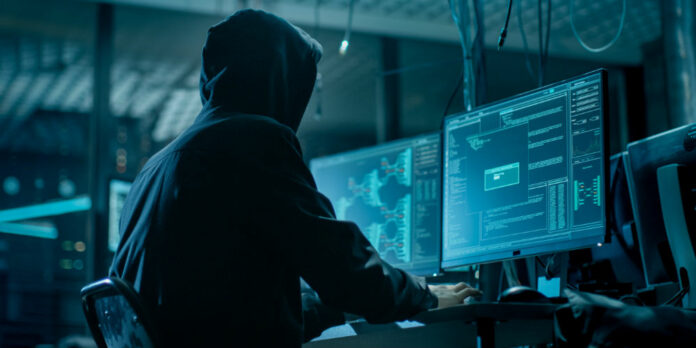The way we live and view the environment has been benefited a lot from technological advancements. AI-powered technologies are being used by scientists in a variety of fields to perform field research, laboratory analyses, and clinical trials. When it comes to enhancing the quality of life, science and innovation go together. However, scientists are just as vulnerable to cyberattacks as anybody else who uses the internet.
As a result, universities like Purdue University promote new approaches to combating cyber threats. When collecting, storing, and transmitting data, there is always the possibility of confidential information leaking out, so research teams must be cautious.
Investing strong protection against such scenarios is critical for research teams, whether it’s a foreign government trying to steal data or a virus that could infect computers and wipe out years of research data. Here’s how they should guard against hacking and other dangers:
1.Using a cloud service for backup is a great way to go
Cloud storage helps you to back up and protect your analysis files without having to store them on a physical computer. If your computers become infected or destroyed, you can restore copies of your files using this method. By evaluating risk exposure and detecting threats, AI-enabled cloud systems add an extra layer of protection. You can use this to keep confidential research files and data secure. These systems may also assist in the collection and sifting of vast volumes of data to detect potential threats.
2. When using a public Wi-Fi network, exercise caution
If you’re conducting field research, you may find it more convenient to code data or submit documents to your team from a cafe or public library. However, you are exposing yourself to hackers who specialize in hijacking Wi-Fi signals, and intercepting your messages is the result of doing so.
If you’re accessing private accounts and sending files to contacts or other entities, you can need to enable data encryption on your computer and install anti-malware software. Consider enabling two-factor authentication and avoiding untrusted websites and information bases for added security.
3.Passwords and other login information should be kept secure
Since passwords, usernames, and security questions are the first lines of protection against unauthorized access, it’s best to avoid using easy-to-remember login information. You may be inclined to use your anniversary as a code, but hackers are now guessing passwords using sophisticated tools based on your data.
Compound passwords and other login credentials are always a safe idea. They may be more difficult to recall, but they make it extremely difficult for hackers to gain access.
In the scientific world, cyber security is critical, so researchers must know if they’re doing enough to protect themselves from the severe attack.
Follow and connect with us on Facebook, LinkedIn & Twitter

